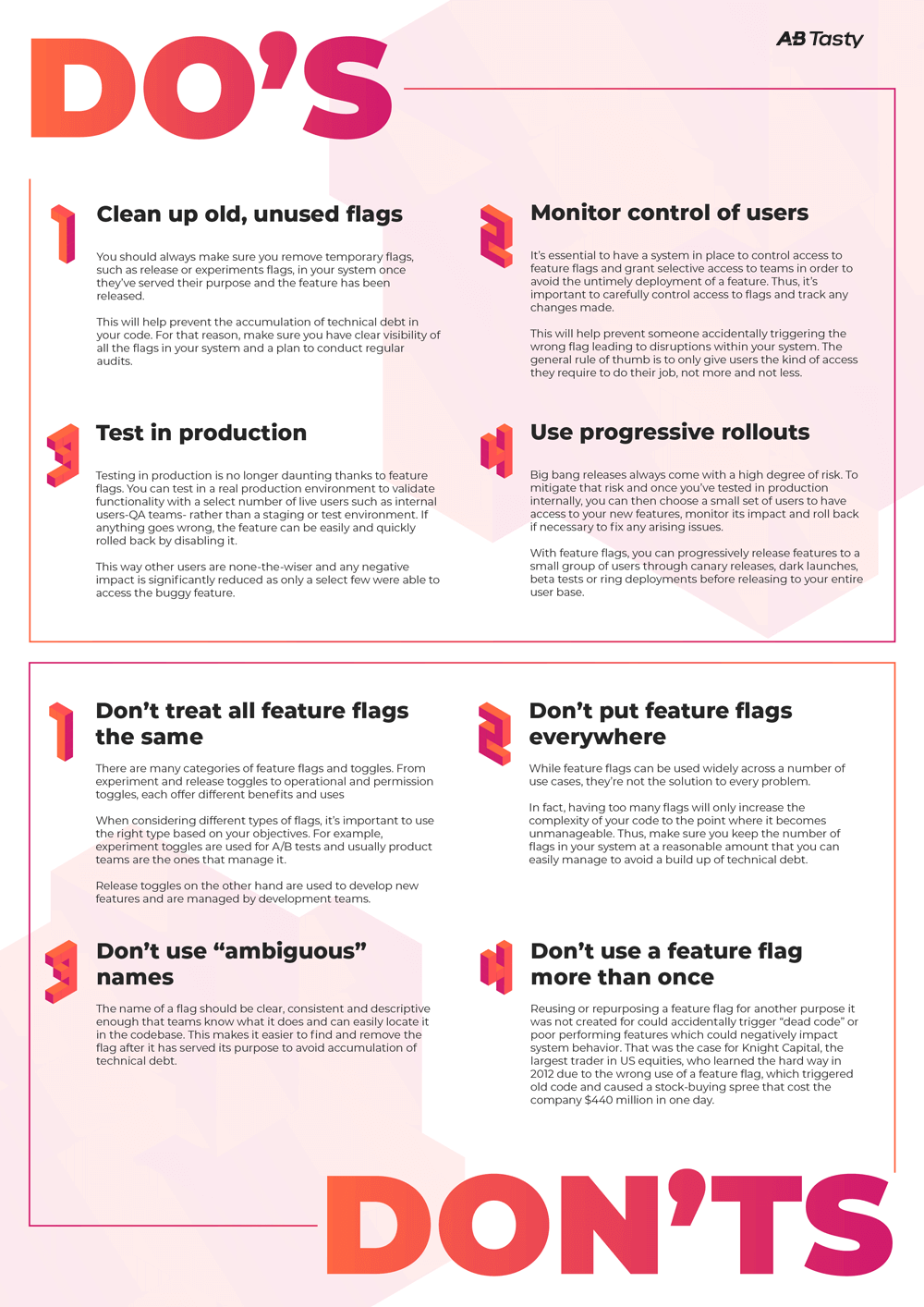Navigate The Private Credit Job Market: 5 Essential Do's And Don'ts

Table of Contents
Do: Tailor Your Resume and Cover Letter to Each Private Credit Opportunity
Your resume and cover letter are your first impression. Generic applications rarely succeed in the competitive private credit job market. To stand out, you need to demonstrate a clear understanding of the specific role and the firm's investment strategy.
Highlight Relevant Skills and Experience
Focus on skills directly applicable to private credit, such as financial modeling, credit analysis, underwriting, portfolio management, and due diligence. These are keywords frequently used in private credit job descriptions.
- Quantify your accomplishments: Instead of saying "Managed a portfolio," say "Managed a $50 million portfolio of distressed debt, resulting in a 15% increase in ROI within 18 months." Use numbers to demonstrate impact.
- Use keywords from job descriptions: Analyze several job postings to identify common keywords like "credit underwriting," "leveraged loans," "mezzanine financing," or "cash flow modeling," and incorporate them naturally.
- Showcase experience in relevant software: Mention proficiency in Bloomberg Terminal, Argus, Excel (including advanced functions like VBA), and other industry-standard software.
Showcase Understanding of Private Credit Strategies
Demonstrate your familiarity with various private credit strategies, including direct lending, mezzanine financing, distressed debt, unitranche financing, and other niche strategies.
- Mention relevant coursework, certifications, or projects: Highlight any coursework, certifications (CFA, CAIA), or independent projects that demonstrate your knowledge of private credit and investment analysis.
- Highlight your understanding of risk assessment and mitigation: Emphasize your skills in analyzing financial statements, performing credit analysis, and assessing risks associated with private credit investments.
- Show you understand the differences between public and private credit markets: Demonstrate a grasp of the unique characteristics of the private credit market, such as illiquidity, longer investment horizons, and less regulatory scrutiny.
Don't: Neglect Networking in the Private Credit Industry
Networking is paramount in the private credit industry. It's not just about who you know, but about building genuine relationships and showcasing your passion for the field.
Attend Industry Events and Conferences
Attend relevant industry events, conferences, and workshops to connect with professionals in private credit.
- Prepare questions beforehand: Develop insightful questions related to specific firms, strategies, or career paths to demonstrate your interest and engagement.
- Follow up with connections: Send personalized emails or LinkedIn messages after meeting someone, expressing your appreciation and reiterating your interest.
- Leverage LinkedIn: Actively use LinkedIn to connect with professionals working in private credit firms, join relevant groups, and participate in industry discussions.
Underestimate the Power of Informational Interviews
Schedule informational interviews with professionals working in private credit to gain valuable insights into different roles, companies, and career paths.
- Research potential interviewers: Thoroughly research their background and experience to tailor your questions and demonstrate your preparedness.
- Express genuine interest: Show sincere interest in their career path and experiences, actively listening and engaging in meaningful conversation.
- Always send a thank-you note: Express your gratitude for their time and willingness to share their insights.
Do: Prepare Thoroughly for Private Credit Interviews
Private credit interviews often involve rigorous technical assessments and behavioral questions. Preparation is key to success.
Research the Firm and Interviewers
Understand the firm's investment strategy, recent transactions, portfolio companies, and the interviewer's background.
- Use various resources: Utilize company websites, news articles, LinkedIn profiles, and PitchBook to gather comprehensive information.
- Prepare intelligent questions: Develop questions that reflect your understanding of the firm and its investment strategy.
- Anticipate potential questions: Prepare for questions related to your experience, technical skills (financial modeling, valuation), and your understanding of private credit market dynamics.
Practice Your Behavioral and Technical Interview Skills
Practice answering behavioral questions using the STAR method (Situation, Task, Action, Result) and prepare for technical questions on financial modeling and credit analysis.
- Use the STAR method: Structure your responses to behavioral questions clearly, highlighting the situation, task, action taken, and results achieved.
- Practice your technical skills: Brush up on your financial modeling skills, including discounted cash flow (DCF) analysis, leveraged buyout (LBO) modeling, and credit analysis techniques.
- Be prepared to discuss market trends: Stay current on market trends and challenges within the private credit industry.
Don't: Undersell Your Accomplishments or Skills
Confidence and self-assuredness are crucial in the private credit job market.
Confidence is Key
Present your skills and experience confidently, highlighting your unique strengths and contributions.
- Avoid downplaying your accomplishments: Clearly articulate your achievements and quantify your impact wherever possible.
- Prepare compelling examples: Prepare specific examples that showcase your skills and accomplishments, using the STAR method to illustrate your contributions.
- Be enthusiastic and passionate: Show genuine enthusiasm for private credit and the opportunity you are interviewing for.
Be Prepared to Negotiate Your Salary
Research industry salaries and be prepared to negotiate a fair compensation package.
- Know your worth: Understand the market value of your skills and experience.
- Consider the entire compensation package: Evaluate not just salary, but also benefits, bonus structure, and other perks.
- Be polite but firm: Maintain professionalism while confidently advocating for your desired compensation.
Do: Follow Up After Interviews
Following up after interviews demonstrates your continued interest and professionalism.
Send Thank-You Notes
Send personalized thank-you notes to each interviewer within 24 hours, reiterating your interest and highlighting key discussion points.
- Express gratitude: Express sincere appreciation for their time and consideration.
- Reference specific conversations: Mention specific points discussed during the interview to show you were actively listening.
- Keep it concise and professional: Maintain a professional tone and avoid overly lengthy messages.
Follow Up on the Timeline
Follow up with the recruiter or hiring manager if you haven't heard back within the expected timeframe.
- Be polite and professional: Maintain a professional and courteous tone in your communication.
- Avoid being overly persistent: Respect their time and avoid excessive follow-up.
Conclusion
Securing a position in the private credit job market demands preparation, strategic networking, and a strong understanding of the industry. By following these do's and don'ts, and by consistently honing your skills and knowledge of private credit, you'll significantly increase your chances of success. Remember to tailor your materials, actively network, prepare thoroughly for interviews, and confidently present your accomplishments. Start navigating the private credit job market effectively today!

Featured Posts
-
 Vacances De Detente 2025 En Federation Wallonie Bruxelles Dates Des Conges Scolaires
Apr 23, 2025
Vacances De Detente 2025 En Federation Wallonie Bruxelles Dates Des Conges Scolaires
Apr 23, 2025 -
 Cincinnati Reds Drop Third Straight 1 0 Game
Apr 23, 2025
Cincinnati Reds Drop Third Straight 1 0 Game
Apr 23, 2025 -
 Significant V Mware Cost Increase At And T Challenges Broadcoms Proposed Price Hike
Apr 23, 2025
Significant V Mware Cost Increase At And T Challenges Broadcoms Proposed Price Hike
Apr 23, 2025 -
 Oakland Athletics Edge Milwaukee Brewers 3 1 Key Moments Analyzed
Apr 23, 2025
Oakland Athletics Edge Milwaukee Brewers 3 1 Key Moments Analyzed
Apr 23, 2025 -
 Les Industriels Morning Retail Et Leur Engagement Nutriscore
Apr 23, 2025
Les Industriels Morning Retail Et Leur Engagement Nutriscore
Apr 23, 2025
